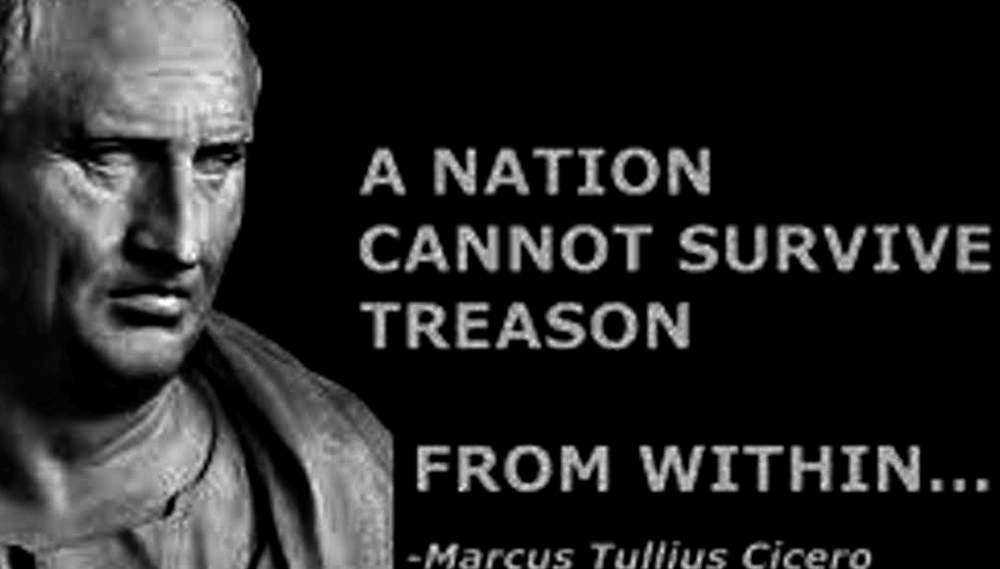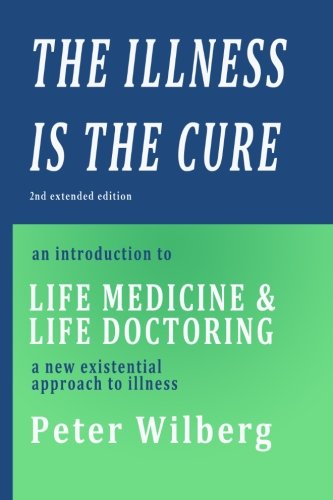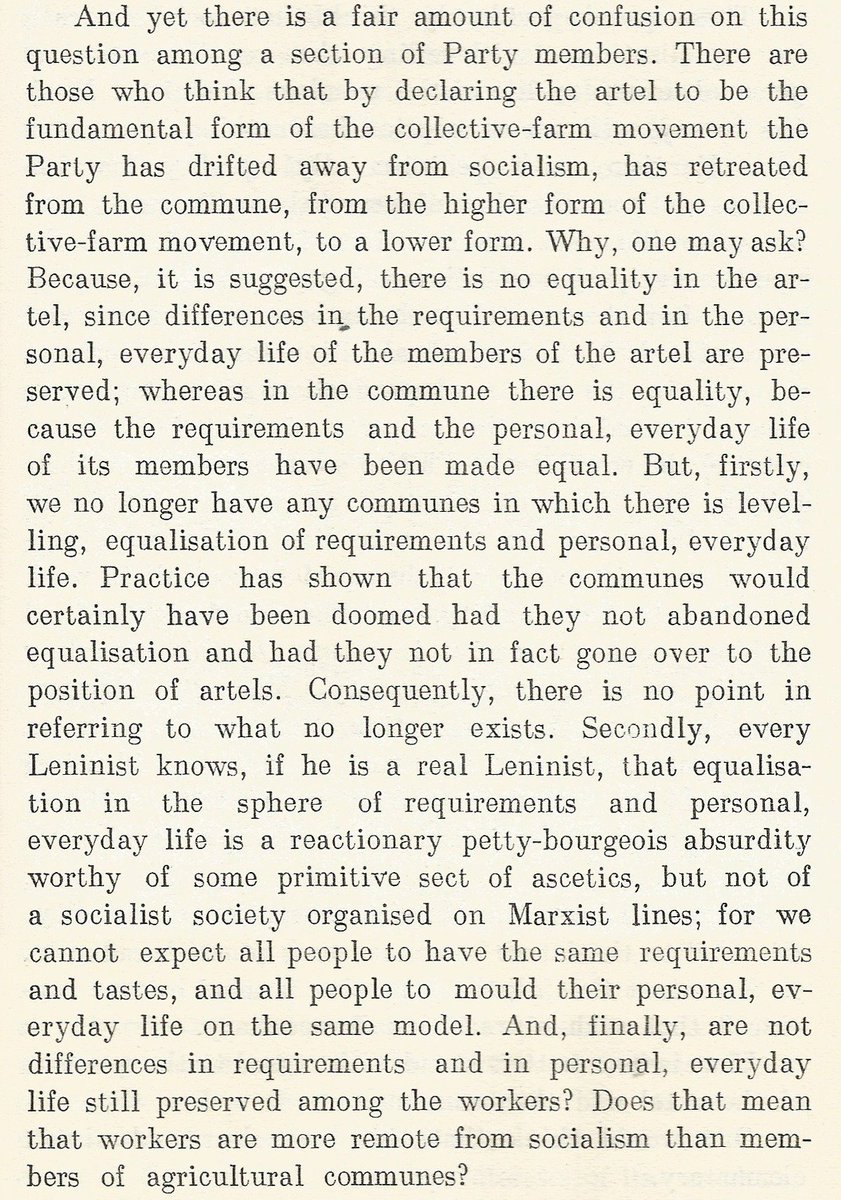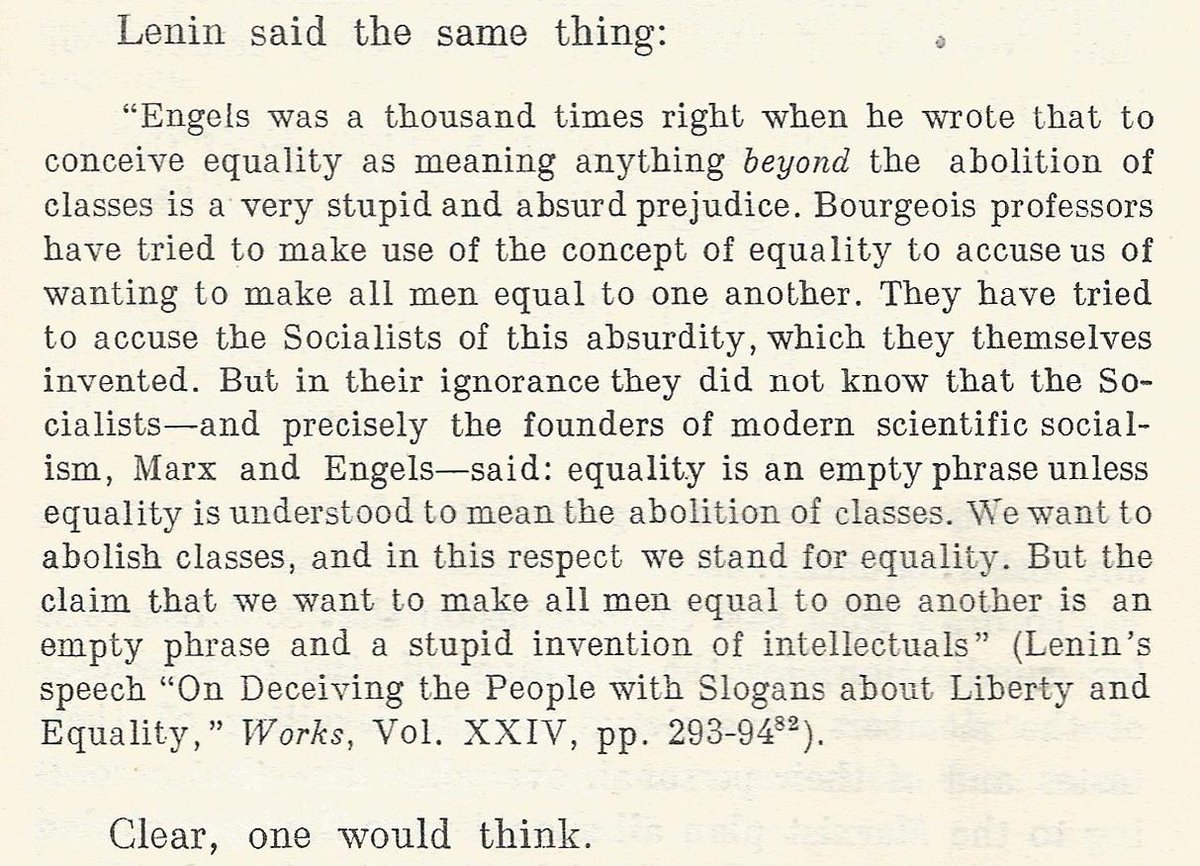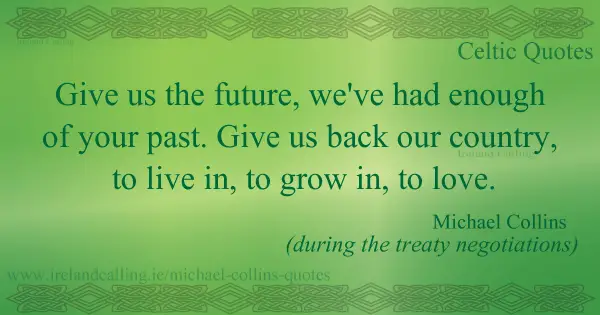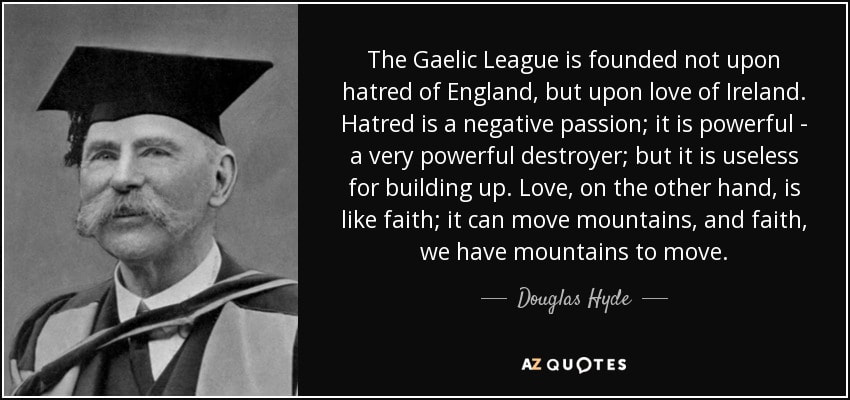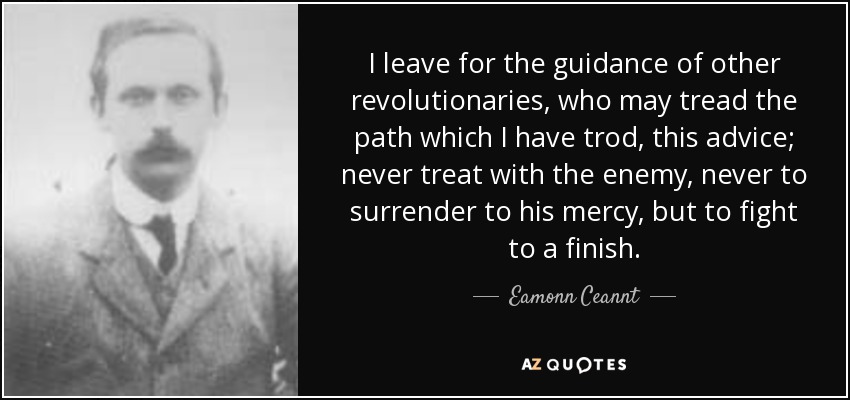................................
" the motto of the rebel is: " hic et nunc " - being the rebel man of action, free and independent action. We have found that this type can only include a fraction of the masses, and however this is where the small elite is able to resist the automatism and to fail the exercise of the brute force. It is the ancient freedom in modern robe: substantial, elementary freedom, which is wakes in healthy peoples whenever the tyranny of parties or foreign conquerors oppress the country. It is not a freedom that is limited to protest or emigrate: it is a freedom decided to fight."
- Ernst Junger
.............................
...................................
KIM IL SUNG ADVICE TO COMMUNISTS IN WESTERN EUROPE
(Credit to Giù le mani dalla Corea socialista who originally posted this)
From his Talk with the General Secretary of the Workers' Party of Ireland, July 26:
For Communist and Workers’ Parties in capitalist countries to give correct leadership to the revolutionary struggle of the masses of the people, their fighting goal should be clear. Of course, they should fight to establish socialism, but it is not enough to call on the people in general terms to fight against capitalists to establish a socialist system. You have just said that capitalist countries in Europe assert more strongly than before that they should pursue policies by their own decisions, so the Communist and Workers’ Parties in capitalist countries must pursue their countries’ independence as their immediate fighting task.
Any party must, first of all, free its country from any foreign domination, enabling it to exercise complete political sovereignty. It is very important to ensure the country’s political independence. Therefore parties in capitalist countries must struggle to free their countries from the control of great powers and win complete political independence. In this struggle they must form a common front with all patriotic forces.
In order to establish a socialist system, you should begin with the struggle to free your country from the control of great powers and make it independent. I think this is your first and foremost task.
After achieving the country’s political independence, you should fight to establish a social system under which all people lead equitably happy lives.
You should take the road to socialism in order to provide all the people with stable lives and continue to improve their standards of living. Only under the socialist system can all the people have genuine political rights and live in freedom and happiness.
On a recent visit to our country the leader of a communist party from a capitalist country said that from the developments in some socialist countries he could not understand what kind of socialism they were building. Probably he meant that some socialist countries are obscuring the distinction between socialism and capitalism. Quite a few socialist countries have now adopted capitalist methods in building socialism and, as a result the demarcation line between the socialist and capitalist systems is disappearing.
I said to him: “It is not difficult to understand the distinction between the socialist and capitalist systems. Building genuine socialism means establishing a society that champions the interests of all the people. If you stay longer in our country and see a lot of things you will clearly understand the advantages of the socialist system.”
In our country everyone acquires the right to eat and gets food supplies from the moment he or she is born, and all the working people are provided with stable jobs. We have neither unemployment nor taxation. Everyone in our country is accorded free education and free medical care. Thus in our country the state takes full responsibility for the people’s living and provides them with all their living conditions. That is why all our people place unbounded trust in our Party and government and are united solidly behind the Party. They are solidly united because our country provides them with all their living conditions. Without this the people’s unity and cohesion could not be expected.
It is true that productive forces in socialist countries are not so highly developed as in developed capitalist countries. Socialist countries can import technology from developed capitalist countries for economic progress, but the import of technology must not lead to introduction of the capitalist system itself. The former is one thing and the latter is another. The development of technology in capitalist countries on no account means the superiority of the capitalist system. Some people think capitalists or the capitalist system can develop technology at a high speed. They are wrong. It is not the capitalists, but the working people, including intellectuals, who develop technology.
If the socialist countries advance consistently along the road of socialism, giving full play to the masses’ creative power, they can develop technology more rapidly than the capitalist countries. If they raise the working people’s levels of ideology, culture and knowledge, the people will come up with more technological inventions. It is better for socialist countries to develop technology on their own by raising their people’s levels of ideology, culture and technology than to visit capitalist countries and kiss the capitalists in order to obtain new technology.
As communists are revolutionaries, determined to build socialism in opposition to capitalism, they must not abandon socialist principles. If they cock their heads, wondering if it is possible to build socialism by reform, they will become reformists in the end.
— Kim Il Sung, Works, vol. 41, Foreign Languages Publishing House, Pyongyang 1996, pp. 176-178.
(Giù le mani dalla Corea socialista)
...............................
"We thus see that, even if we keep ourselves within the relation of capital and wage-labour, the interests of capitals and the interests of wage-labour are diametrically opposed to each other.
A rapid growth of capital is synonymous with a rapid growth of profits. Profits can grow rapidly only when the price of labour – the relative wages – decrease just as rapidly. Relative wages may fall, although real wages rise simultaneously with nominal wages, with the money value of labour, provided only that the real wage does not rise in the same proportion as the profit. If, for instance, in good business years wages rise 5 per cent, while profits rise 30 per cent, the proportional, the relative wage has not increased, but decreased.
If, therefore, the income of the worker increased with the rapid growth of capital, there is at the same time a widening of the social chasm that divides the worker from the capitalist, and increase in the power of capital over labour, a greater dependence of labour upon capital.
To say that "the worker has an interest in the rapid growth of capital", means only this: that the more speedily the worker augments the wealth of the capitalist, the larger will be the crumbs which fall to him, the greater will be the number of workers that can be called into existence, the more can the mass of slaves dependent upon capital be increased.
We have thus seen that even the most favorable situation for the working class, namely, the most rapid growth of capital, however much it may improve the material life of the worker, does not abolish the antagonism between his interests and the interests of the capitalist. Profit and wages remain as before, in inverse proportion.
If capital grows rapidly, wages may rise, but the profit of capital rises disproportionately faster. The material position of the worker has improved, but at the cost of his social position. The social chasm that separates him from the capitalist has widened.
Finally, to say that "the most favorable condition for wage-labour is the fastest possible growth of productive capital", is the same as to say: the quicker the working class multiplies and augments the power inimical to it – the wealth of another which lords over that class – the more favorable will be the conditions under which it will be permitted to toil anew at the multiplication of bourgeois wealth, at the enlargement of the power of capital, content thus to forge for itself the golden chains by which the bourgeoisie drags it in its train."
- Karl Marx
................................
The tax on childlessness (Russian: налог на бездетность, translit. nalog na bezdetnost) was imposed in the Soviet Union and other Communist countries, starting in the 1940s, as part of their natalist policies. Joseph Stalin's regime created the tax in order to encourage adult people to reproduce, thus increasing the number of people and the population of the Soviet Union. The 6% income tax affected men from the age of 25 to 50, and married women from 20 to 45 years of age.
The tax remained in place until the collapse of the Soviet Union, though by the end of the Soviet Union, the amount of money which could be taxed was steadily reduced.
- ("Налог на бездетность, существовавший в СССР, предлагают восстановить") http://www.finiz.ru/cfin/tmpl-art/id_art-1054929
.......................................
"A second, and a very bold political measure of Lycurgus, is his redistribution of the land. For there was a dreadful inequality in this regard, the city was heavily burdened with indigent and helpless people, and wealth was wholly concentrated in the hands of a few.
Determined, therefore, to banish insolence and envy and crime and luxury, and those yet more deep-seated and afflictive diseases of the state, poverty and wealth, he persuaded his fellow-citizens to make one parcel of all their territory and divide it up anew, and to live with one another on a basis of entire uniformity and equality in the means of subsistence, seeking preeminence through virtue alone, assured that there was no other difference or inequality between man and man than that which was established by blame for base actions and praise for good ones. "
- Plutarch on Lycurgus’ land reform
............................................
SUBSCRIBE TO THIS EXCELLENT CHANNEL: https://www.youtube.com/user/shanelawrence86/featured





